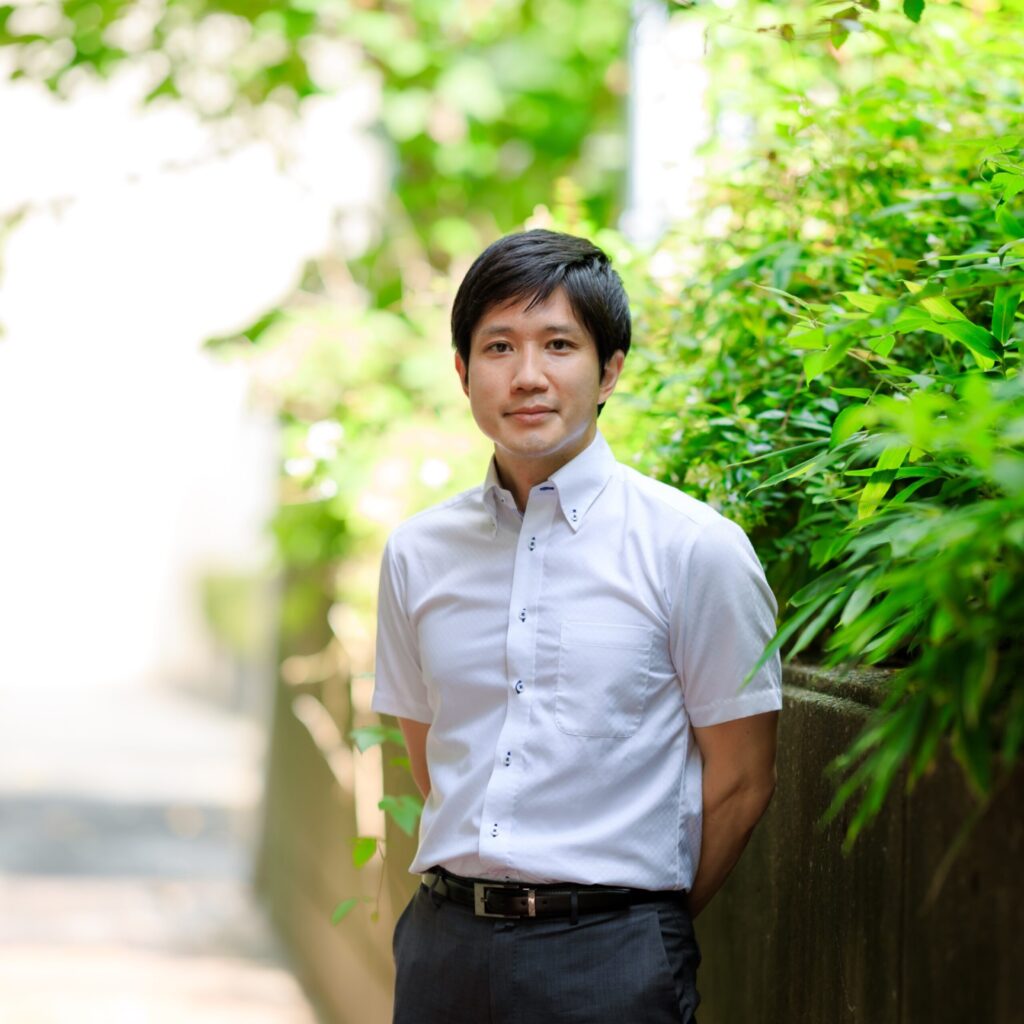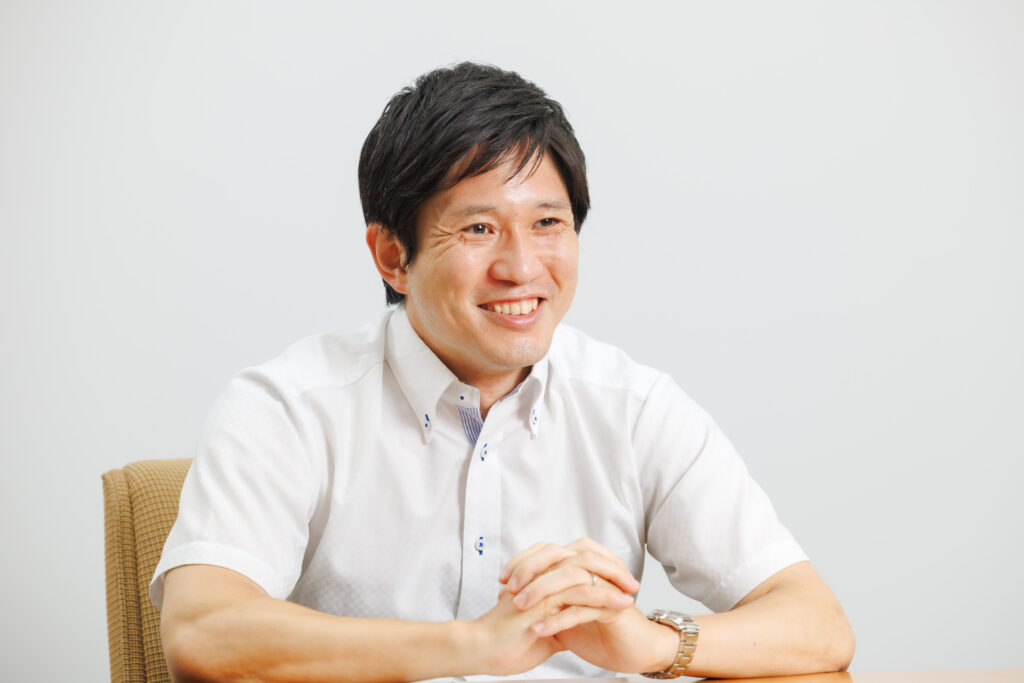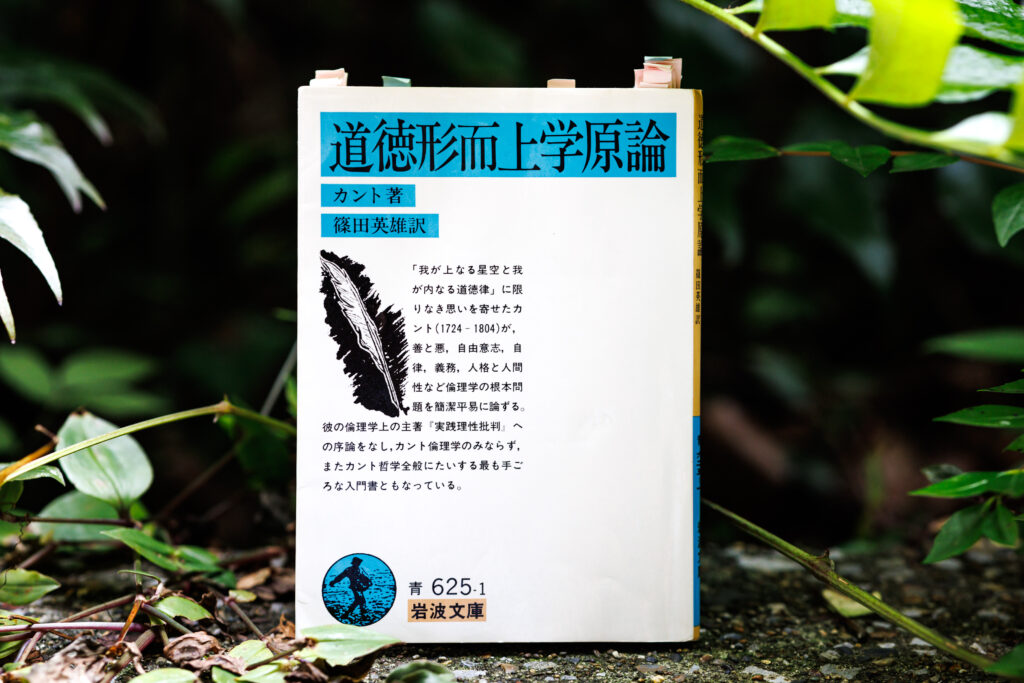
What is education? According to Hiroshi Suzuki, associate professor of the Faculty of Human Sciences, the philosophy of education is the field of study that seeks to answer this question. The true value of this field of study is demonstrated in “moral education” at elementary and junior high schools. But what influence do philosophical perspectives have on school?
Everyone experiences education countless times throughout their lives. However, what exactly do we mean by “education”? This single word covers many different concepts—education at school, for example, parents educating their children in the home, or companies educating their employees. Indeed, the question “what is education?” seems simple but is, in actuality, complex; and the philosophy of education seeks to utilize philosophical knowledge to find the answer. My own research centers on thinking about modern education through the prism of the ideas of the 18th century German philosopher Kant.
Moral education nurtures the minds of children: the importance of interpreting words accurately

One of the roles that the philosophy of education plays in modern society is to provide a new, philosophical perspective to school education, and to propose principles upon which its curriculums and classes can be based. Through my research, I am most commonly engaged with “moral education”—classes in morality that form part of the national curriculum—at elementary and junior high schools in Japan. Moral education was incorporated into the curriculum as a formal subject of study at elementary schools from 2018, and at junior high schools from 2019; as a result, schools are now required to use authorized textbooks and to evaluate the performance of their pupils.
Since there are no specialized qualifications in morality, moral education classes are taught by homeroom teachers. Although morality falls outside the area of expertise of homeroom teachers, classes must be taught in line with the policy of the Ministry of Education, Culture, Sports, Science and Technology. Interviews carried out several years ago revealed concerns that teachers had about having to apply their own subjective interpretations of school texts.
Indeed, at a workshop I attended, participants indicated they found it difficult to distinguish between the words “justness” and “goodness” in their moral education classes. In everyday speech, we often do not make a distinction between these two words, but philosophically they mean different things. “Justness” originally means “unbiased”—it therefore signifies fairness or impartiality. On the other hand, the concept of “goodness” is something we come to understand in the course of our everyday lives; the idea of “goodness” is said to differ according to time, region, culture, and historical background. In other words, “goodness” can sometimes mean “justness,” but at other times it can mean something else. Understanding the correct way to use words is extremely important in moral education classes, which help nurture the minds of children; understanding also imbues teachers with confidence. In so far as it helps us correctly understand abstract concepts, the philosophy of education is vitally important for the study of moral education.
The goal of education is to nurture people; it must not be used as a means to an end
In recent years, I often see “developing personnel required by modern- society” espoused as a goal of education. While such a perspective may be essential for the development of society, it is not the nature of education itself. Kant wrote that you must “treat humanity, whether in your own person or in the person of any other, always at the same time as an end, never merely as a means.” As a consequence, education must not seek to nurture people as a means to an end; rather, it must take the nurturing of people itself as the end.
When I first became a researcher, my aim was to cast doubt on what has become accepted practice at places of education, and to apply philosophical perspectives to establish new ways of seeing things. To give concrete shape to this aim, I next intend to take the perspectives I have gained from my research thus far and use them to benefit as many places of education as possible. Today, as approaches to education have diversified, I believe that the ideas of the philosophy of education—which question the very nature of education—are more important than ever.
The book I recommend
“Grundlegung zur Metaphysik der Sitten”(Groundwork of the Metaphysics of Morals)
by Immanuel Kant, Japanese translation by Hideo Shinoda, Iwanami Bunko

I was convinced that morality was not a topic for which knowledge—or the lack thereof—was important. But what did it mean to ‘teach’ morality in class? This was the book that provided the answer. I was a university student when I read this book, and it sparked my interest in the philosophy of education.
-
Hiroshi Suzuki
- Associate Professor
Department of Education
Faculty of Human Sciences
- Associate Professor
-
Associate Professor Hiroshi Suzuki graduated from the Department of Education, Faculty of Humanities, Sophia University. He completed his doctoral coursework in Education at the Graduate School of Human Sciences, Sophia University, without obtaining a degree; he received a Ph.D. in Education from Sophia University. After working as a lecturer at the Yamaguchi University Faculty of Education, Suzuki was appointed to his current position in 2020.
- Department of Education
Interviewed: September 2022